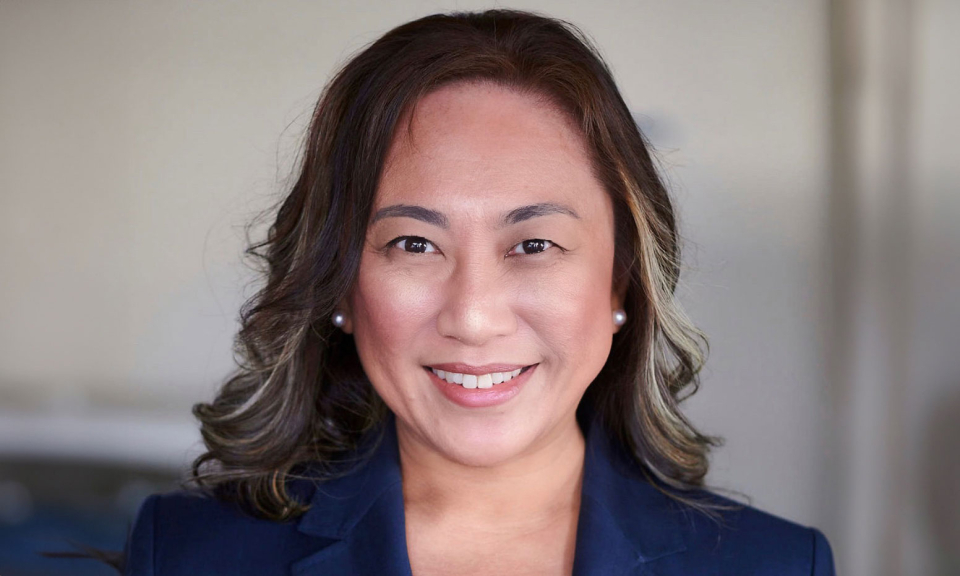How to plan to reduce taxes on your estate: Part one in a three-part series

Article by Pamela Yoon, SFU Alumnus and RBC Dominion Securities Senior Portfolio Manager
As the old saying goes, the only two certainties in life are death and taxes. By planning for tomorrow today, you can retain more of your assets, protect your estate and leave a lasting legacy (for your family and charitable organizations that you love).
A common misconception is that only the wealthy need to concern themselves with estate planning. This misconception can result in significant unnecessary costs for your estate and additional burdens for survivors. In fact, just about everyone can benefit from the development of an estate plan. Regardless of your age or financial situation, an estate plan can reduce the taxes and expenses of an estate, simplify and speed the transition of assets to your beneficiaries, and ensure beneficiaries are protected.
In this first instalment in a three-part series, we look at some ways to minimize taxes at death. Please note these tips are intended for a Canadian resident who is not a U.S. citizen. If you have dual citizenship or residency in another country, there may be additional strategies and issues you need to consider.
Fully maximize your tax free savings account (TFSA)
The annual TFSA contribution limit for 2024 is $7,000. If you lived in Canada since 2009 and were eligible to open a TFSA but have not yet contributed to one, your contribution limit would be $95,000 as of January 1, 2024. Any income earned (including capital gains) in the TFSA and any withdrawals you make from the account are tax-free and do not affect your federal government income-tested benefits such as old age security (OAS) and the guaranteed income supplement (GIS). The income you earn or the withdrawals you make will also not impact your entitlement to federal tax credits such as the age amount. The TFSA can also be used to shelter money you may not currently need. For example, if you don’t require your entire mandatory minimum RRIF payment to fund your living expenses, consider contributing any excess after-tax amount to your TFSA.
Registered accounts (RRSP/RRIF)
Ensure you have the right investments in the right accounts. If you own fixed income investments (like GICs and bonds), ensure these are invested inside your RRIF/RRSP. Interest income is taxed at the highest tax rate whereas capital gains and dividends attract a lower tax rate.
If you have had great success with your investments over the years and now have large investment balances in your RRSP/RRIF, as you get closer to your 70’s and beyond, consider accelerating your withdrawals above the mandatory RIF minimum and contributing the excess after-tax amount to your TFSA.
If you are over the age of 65, consider splitting pension-income with your spouse (or common-law partner) while alive, which also allows you to consider accelerating your RIF withdrawals.
Charitable donations
If you have philanthropic intentions, you may want to consider gifting directly to a qualified donee. Qualified donees may be charitable organizations, public foundations, or private foundations. Typically, a registered charity is a qualified donee. You will receive a charitable donation receipt which may reduce your tax bill. Donations can be made while alive or after you are gone (via your estate).
As a proud alumnus, I donate to SFU annually via the Pamela Yoon Award in Economics that supports SFU students wishing to go into the field of finance post-graduation, with a special emphasis on the Chartered Market Technician or the Chartered Financial Analyst program. My philanthropy is intentional and is built into my financial plan.
Before taking any action on any of the strategies discussed in this article, make sure you get qualified professional advice. To learn more, get in touch with Pamela Yoon at pamela.yoon@rbc.com
Want even more tips on giving strategically? RBC Dominion Securities has a 28-page document on charitable giving.
Disclaimer: This information is not investment advice and should be used only in conjunction with a discussion with your RBC Dominion Securities Inc. Investment Advisor. This will ensure that your own circumstances have been considered properly and that any action is taken based upon the latest available information. The strategies and advice in this report are provided for general guidance. Readers should consult their own Investment Advisor when planning to implement a strategy. Interest rates, market conditions, special offers, tax rulings, and other investment factors are subject to change. The information contained herein has been obtained from sources believed to be reliable at the time obtained but neither RBC Dominion Securities Inc. nor its employees, agents, or information suppliers can guarantee its accuracy or completeness. This report is not and under no circumstances is to be construed as an offer to sell or the solicitation of an offer to buy any securities. This report is furnished on the basis and understanding that neither RBC Dominion Securities Inc. nor its employees, agents, or information suppliers is to be under any responsibility or liability whatsoever in respect thereof. The inventories of RBC Dominion Securities Inc. may from time to time include securities mentioned herein.
The information in this article is not intended to provide legal, tax or insurance advice. To ensure that your own circumstances have been properly considered and that action is taken based on the latest information available, you should obtain professional advice from a qualified tax, legal and/or insurance advisor before acting on any of the information in this article.


